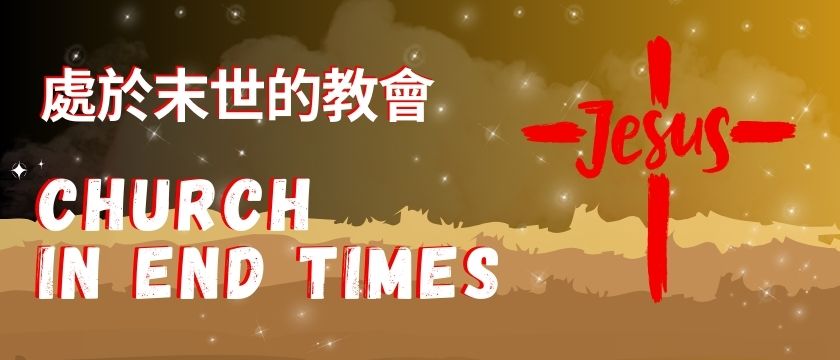Paul, Silas, and Timothy travelled to Thessalonica2 to proclaim the coming of the Messiah at the Jewish synagogue in that city (Acts 17:3). A “great many of the devout Greeks” and “leading women” believed (Acts 17:4), but the Jewish leaders of the synagogue became jealous (Acts 17:3), and Paul and his companions were kicked out of the city. After a few months they could “bear it no longer” (1 Thess. 3:1), and Timothy was sent to Thessalonica to encourage the young church. Although the text is rather brief, Paul’s first letter to the Thessalonians is one of the most positive, and the message spans “all tenses of salvation” – after he reminds the Thessalonians of how they turned from the past to the present, the apostle admonishes them to live in the present for the future when Christ will definitively return. The consummate reminder of Christ’s return, however, is not just a piece of information for the future, but to transform their lives in the present. We are very much in need of such advice in order to make “best use of the time, because the days are evil” (Eph. 5:15-16). In view of Jesus’ return, what should the priorities of our church and our lives be?
| Date | Theme | Chapter |
| 03/12/2023 | Priorities of church leaders * | 1 Thess. 1:1-2:13 |
| 10/12/2023 | Expectations for the church: take a stand | 1 Thess. 2:14-3:13 |
| 17/12/2023 | Straight talk about holiness | 1 Thess. 4:1-12 |
| 24/12/2023 | Straight talk about Jesus’ return | 1 Thess. 4:13-5:11 |
| 13/12/2023 | Straight talk about congregational conduct | 1 Thess. 5:12-28 |
* Note: all these titles are tentative for preachers’ use only; chairpersons should consult with the preacher in order to obtain the actual sermon title for the week.

